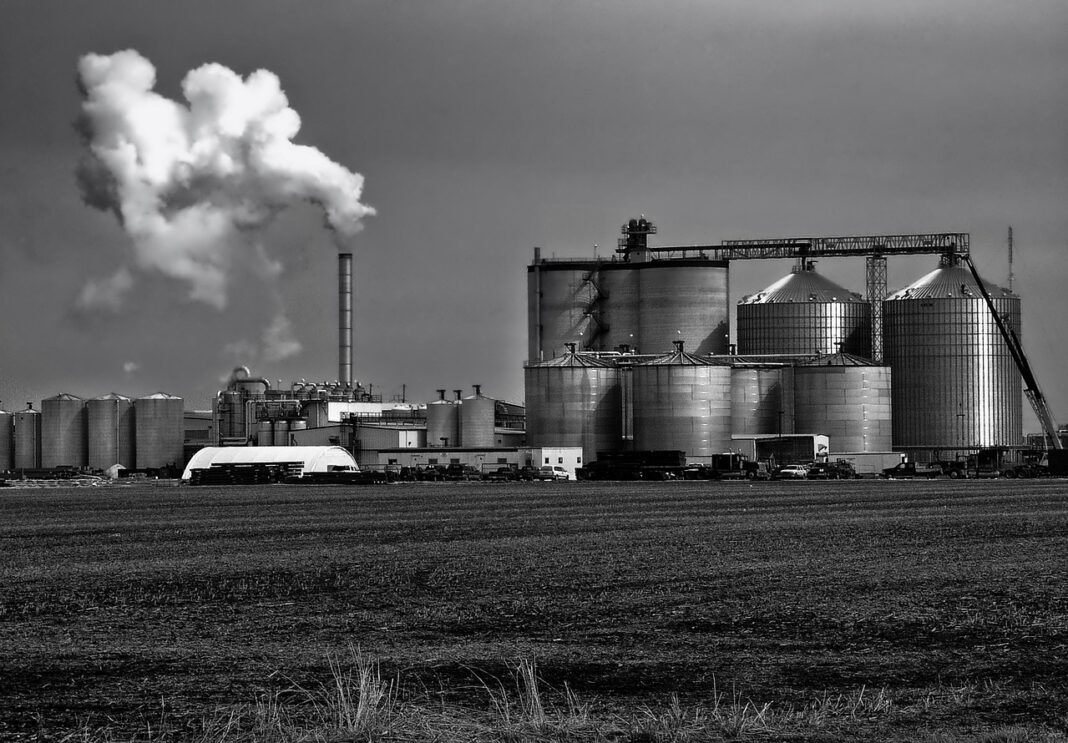The U.S. Department of Energy’s (DOE) Office of Fossil Energy and Carbon Management (FECM) has unveiled a funding opportunity of up to $15 million aimed at enhancing the availability and affordability of clean hydrogen as a fuel source for electricity generation, industrial decarbonization, and transportation.
As per the media report, this funding initiative will support research and development projects focused on converting various feedstocks—such as coal, biomass, petcoke, household waste, industrial byproducts, and waste plastics—into synthesis gas, or syngas, to facilitate the low-cost production of clean hydrogen.
“Expanding the use of low-carbon fuels like clean hydrogen in the industrial and power sectors is essential for achieving our ambitious climate goals,” stated Brad Crabtree, assistant secretary of Fossil Energy and Carbon Management. He emphasized that advancing technologies that utilize waste and other feedstocks, combined with carbon capture and storage, will help lower both the carbon footprint and production costs of clean hydrogen.
Hydrogen can be produced through low-carbon pathways using a variety of domestic resources, including natural gas and coal, in conjunction with carbon capture and storage. Additionally, hydrogen can be generated through the electrolysis of water using nuclear and renewable energy sources like wind, solar, geothermal, and hydroelectric power, as well as from biomass through biological and gasification processes, the media report further added.
The gasification of coal, biomass, plastics, and common household waste—when paired with carbon capture and storage to mitigate greenhouse gas emissions—is anticipated to be a cost-effective, low-carbon method for producing clean hydrogen.
The funding opportunity announcement (FOA) invites applications in two specific areas:
1.Research and development of entrained flow gasification technologies for alternative feedstocks, with a focus on feedstock preparation and slag handling. The proposed prototype or near-prototype system must integrate all necessary unit operations related to feedstock preparation, gasification, syngas cleanup, and slag handling.
2.Research and development of fluidized bed gasification technologies for alternative feedstocks, emphasizing feedstock preparation, tar mitigation for clean syngas production, and ash handling. Similar to the first area, the prototype or near-prototype system must include and functionally integrate all relevant unit operations for feedstock preparation, gasification, syngas cleanup, and ash handling.





